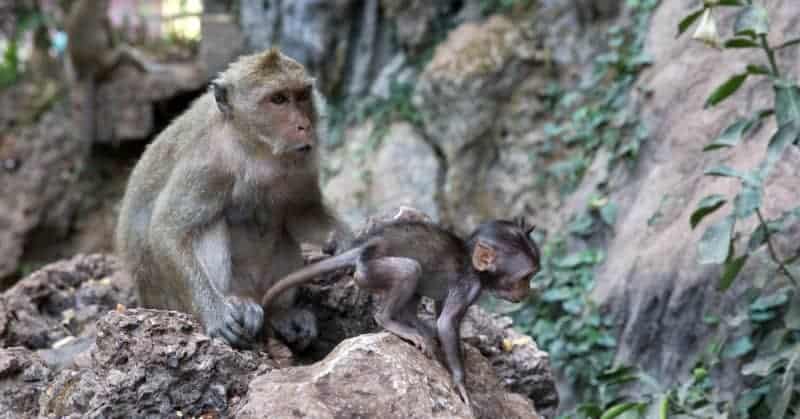
Radar Online

People in Brazil, seemingly confused, have started to kill monkeys thinking they are spreading the monkeypox virus, Radar has learned.
But it’s just in a name.
The reason the monkeypox virus is so named is because it was first identified in a group of monkeys in Denmark.
That namesake association is now costing monkeys lives. In Sao Jose do Rio Preto, a Brazilian city in the state of Sao Paulo, police are investigating the poisoning of at least 10 monkeys, seven of whom died. There have been three confirmed cases of monkeypox in Sao Jose do Rito Preto.
Elsewhere in the South American country, there have been reports of people throwing stones at monkeys.
“What people need to know very clearly is the transmission we are seeing is happening between humans,” said WHO spokesperson Margaret Harris during an Aug. 9 press conference in Geneva, according to the Daily Mail. “The concern should be about where it’s transmitting in the human population and what humans can do to protect themselves from getting it and transmitting it. They should certainly not be attacking any animals.”
“The monkeypox virus is in a number of different animals,” she added. “It’s much more commonly in various rodents.”
Brazilians previously attacked monkeys during an outbreak of yellow fever. Locally, Lt. Fábio Leme of the Brazilian Environmental Police is similarly trying to educate the public about the fact that capuchin monkeys are not the transmitters of monkeypox.
The Environmental Police rescued eight monkeys. The animals were taken to a local zoo, but five died. So far, the substance being used to poising the animals has not been identified, according to the Latin Post.
According to the latest CDC data, Brazil has recorded 2,131 confirmed cases of monkeypox. That total places it at sixth on the worldwide list, behind the United States, Spain, Germany, the United Kingdom and France.


Recommended Comments
There are no comments to display.